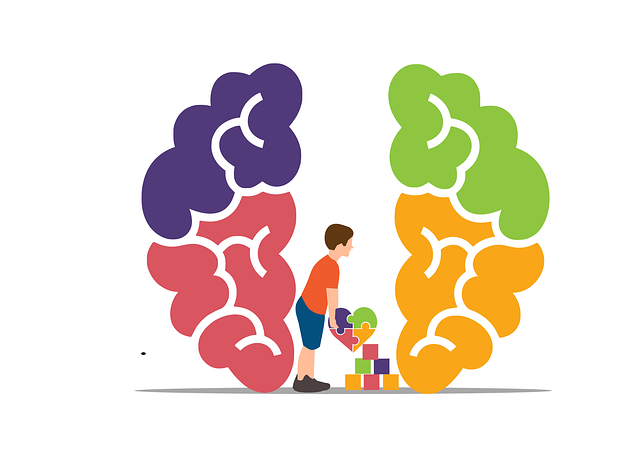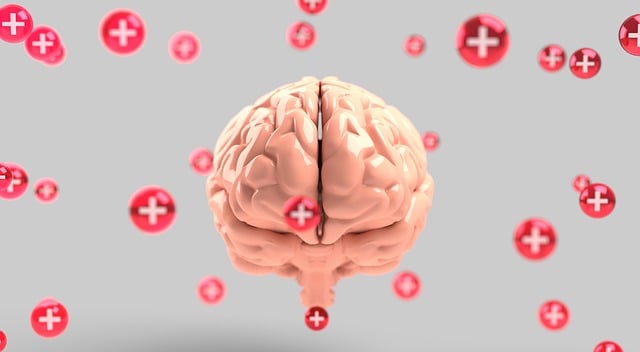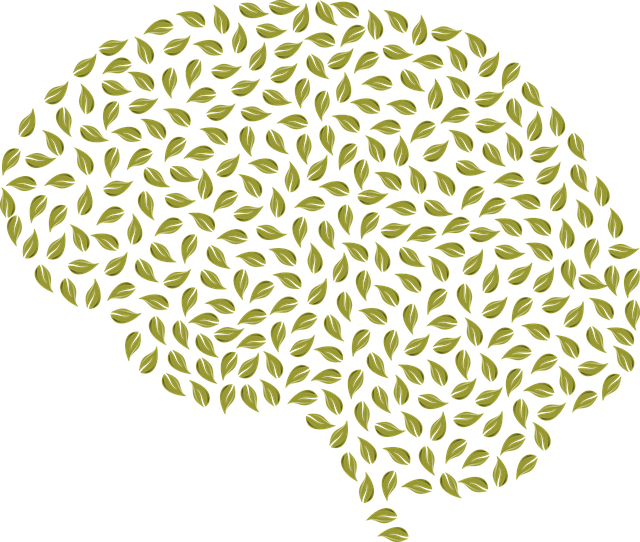Understanding and addressing cultural stigmas surrounding mental health and loss is crucial for providing effective therapy for young adults Mandarin Chinese speaking. By incorporating compassion cultivation practices, stigma reduction efforts, and culturally tailored social skills training, counselors can facilitate grief processing. This approach creates supportive counseling environments where these young adults, often isolated or facing communication barriers in mainstream groups, can express their emotions freely in their native tongue. Tailoring Western therapeutic strategies with mindfulness, ancient healing methods like Tai Chi, and respecting cultural contexts, belief systems, and coping mechanisms ensures safe, non-judgmental spaces for healing from loss, grief, and bereavement.
Loss, grief, and bereavement are universal experiences, yet navigating these emotions can be complex, especially for young adults speaking Mandarin Chinese. This article explores cultural perspectives on these sensitive topics and highlights the critical role of counseling in supporting this demographic. We delve into effective therapy strategies tailored to address loss and bereavement within a cultural context, focusing specifically on therapy for young adults speaking Mandarin Chinese. By understanding cultural nuances, counselors can provide meaningful support during challenging times.
- Understanding Loss, Grief, and Bereavement: A Cultural Perspective for Young Adults Speaking Mandarin Chinese
- The Role of Counseling in Supporting Mandarin-Speaking Young Adults Through Grief
- Effective Therapy Strategies for Addressing Loss and Bereavement in a Cultural Context
Understanding Loss, Grief, and Bereavement: A Cultural Perspective for Young Adults Speaking Mandarin Chinese

Understanding loss, grief, and bereavement is a complex process, especially within the cultural context of young adults speaking Mandarin Chinese. In many East Asian cultures, including China, discussing emotions and seeking help for mental health issues have historically been stigmatized. This stigma often prevents individuals from accessing necessary therapy for young adults Mandarin Chinese speaking, creating a barrier to healing. The concept of loss may be interpreted differently, with some focusing on the physical absence while others emphasize the emotional disconnection.
Compassion cultivation practices, which encourage empathy and understanding towards oneself and others, have gained recognition as valuable tools in navigating grief. By fostering a supportive environment that reduces the Mental Illness Stigma Reduction Efforts, counseling sessions can provide a safe space for individuals to express their emotions. Additionally, incorporating Social Skills Training tailored to cultural nuances can help young adults develop coping mechanisms and enhance their support networks, ultimately improving their ability to process bereavement in a culturally sensitive manner.
The Role of Counseling in Supporting Mandarin-Speaking Young Adults Through Grief

For Mandarin-speaking young adults navigating grief, counseling offers a safe space to express emotions in their native language, fostering deeper connections with therapists and promoting emotional well-being. Therapy for young adults with roots in Mandarin Chinese culture can be particularly effective in addressing unique challenges they face, such as cultural isolation or communication barriers in mainstream support groups.
Counselors skilled in both Mandarin and grief counseling employ techniques like trauma-informed care and culturally sensitive practices to create a supportive environment. These professionals may also offer specialized stress management workshops or risk management planning tailored to the specific needs of this demographic, ensuring that young adults receive holistic care that respects their cultural identity while helping them develop healthy coping mechanisms for grief.
Effective Therapy Strategies for Addressing Loss and Bereavement in a Cultural Context

In addressing loss, grief, and bereavement within a cultural context, therapy strategies for young adults speaking Mandarin Chinese require sensitivity and cultural understanding. Many traditional Western therapeutic approaches may need adaptation to resonate with individuals who have unique belief systems and coping mechanisms influenced by their heritage. For instance, concepts like inner strength development and self-care practices can be tailored to incorporate elements of mindfulness and ancient healing methods prevalent in Chinese culture, such as Tai Chi or meditation.
Therapists should also recognize the impact of mental illness stigma reduction efforts. In many Asian cultures, including those with significant Mandarin-speaking populations, discussing mental health issues openly is often stigmatized. Effective counseling thus involves creating a safe, non-judgmental space while respecting cultural norms and subtly encouraging open conversations about grief and bereavement in order to foster healing and growth.
Loss, grief, and bereavement counseling play a pivotal role in supporting young adults speaking Mandarin Chinese. By understanding cultural nuances and employing effective therapy strategies tailored to their needs, counselors can provide meaningful support during this challenging time. Recognizing the unique experiences and expressions of grief within the Mandarin-speaking community is essential for delivering compassionate care that resonates deeply with those dealing with loss. Through culturally sensitive approaches, therapy for young adults facing these issues can be revolutionized, offering healing and hope in navigating their emotional journeys.








